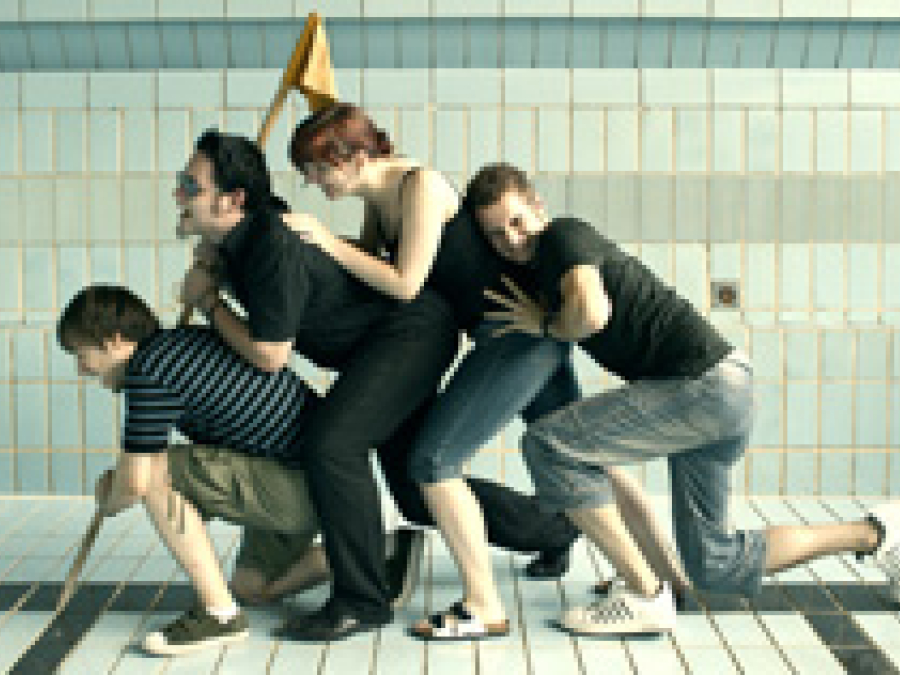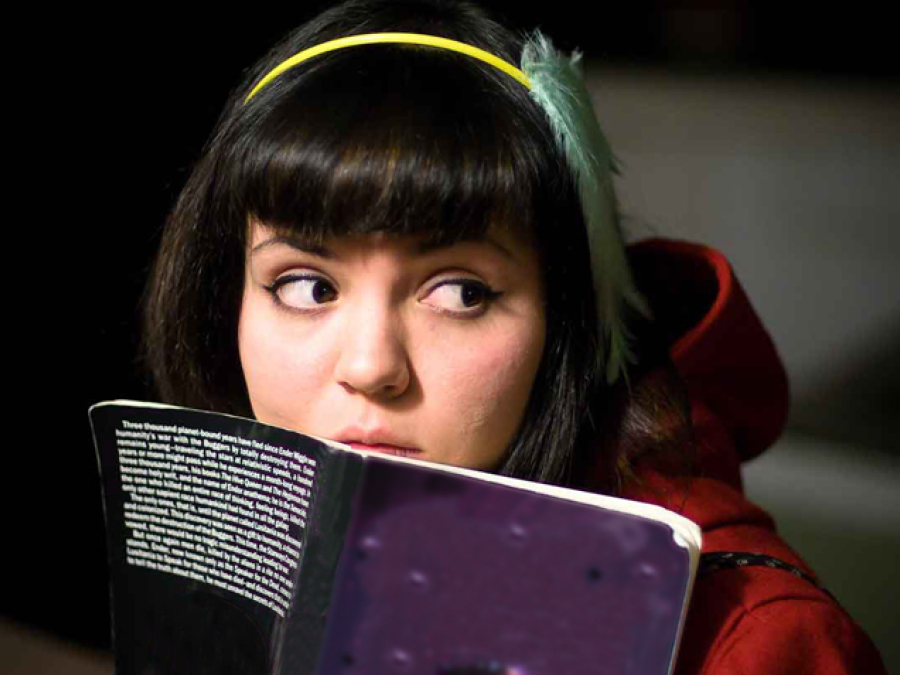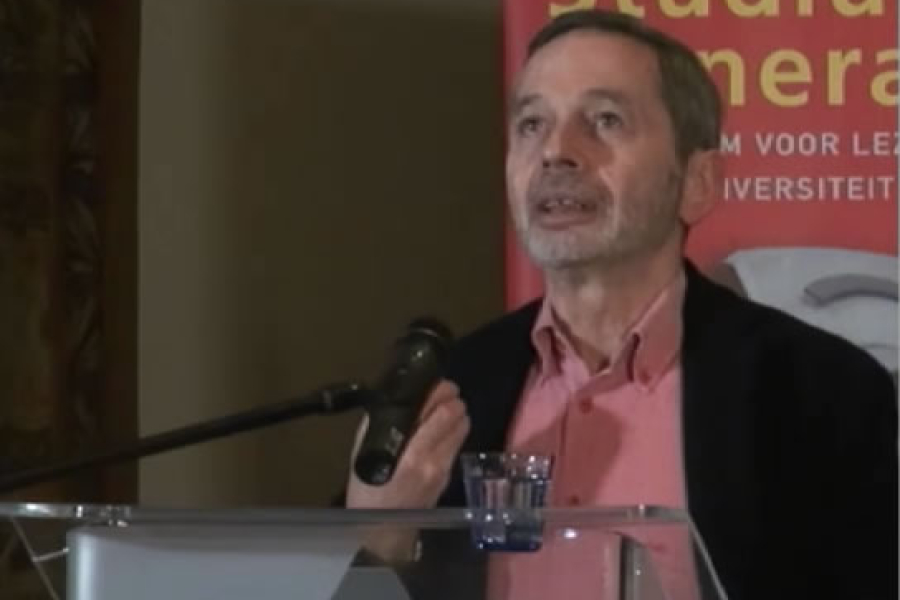Stand up against fear

In this way we are unable to help ourselves and others. In the second lecture in the series 'Speak up for ideals' prof. Frank Furedi (Professor of Sociology , University of Kent) showed how fear in our time prevents true solidarity.
Risky strangers
Fear brings us closer together according to Thomas Hobbes (1588 – 1679). He argued that fear has a cementing role: governments even used common commitment to security to motivate war. Furedi claims that in our contemporary society fear no longer unites. In fact, it atomises us and causes estrangement from each other: we are all risky strangers. This is because we no longer approach crises with a sense of optimism. Historically there has always been hope for redemption. Nowadays, however, we talk about dangers and risk without any hope for improvement. Whether it is global warming, a super virus or the increase of sexual abuse, they seem all grave problems that we do not have much control over. We tend to say "better safe than sorry", but according to Furedi our obsession with risk aversion, at any costs, has corroded our concept of human relations: they are no longer seen as something inherently positive, but rather as risky and perilous.
Determinism
Another reason that fear is a threat to solidarity is that our concept of a person has changed. We now live in a world that is, according to the scientific paradigm, wholly deterministic: for example, think of how "we are our brains". We see a person no as longer capable of making decisions and taking responsibility for his or her actions. We feel we have little control over the course of our own lives. Solidarity paradoxically requires individualism: it needs strong, resilient individuals. However, in every aspect of our social lives there seems to be a tendency to emphasise that human beings are vulnerable and helpless and in need of professional therapy. Everyone can be an abuser, but at the same time everyone is a victim.
A new humanism to empower us
How can we retrieve true solidarity once again? As Theodore Dalrymple argued in the previous lecture in this series, we lack a moral system that defines certain higher values. According to Furedi we need to revitalise the classical ideas of humanism. We need an optimistic concept of humanity that sees humans as capable, responsible people. Humanism emphasises individual en collective problem solving, thus bringing people together around a more robust version of personhood. We will need to be critical without being cynical.
You can watch the lecture by Frank Furedi here. On April 2nd prof. Roger Scruton will speak about how we need to create room again for real beauty and quality, as opposed to a superficial culture in which equality is understood to be the same as mediocrity. You can find more lectures on humanism and the art of living on this page.











